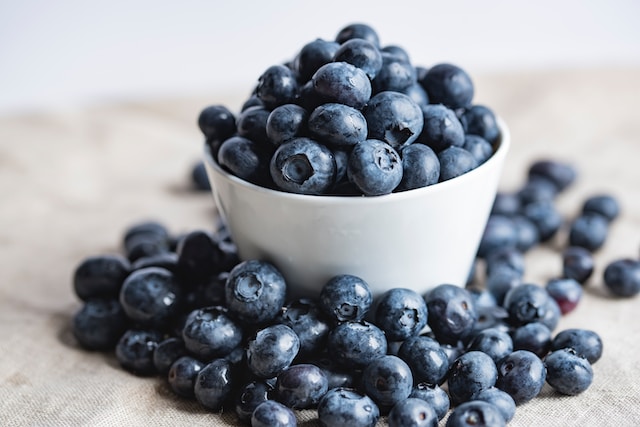It’s no secret that dogs love a good treat, but chocolate is one food that you should always keep out of reach. Chocolate contains theobromine, a compound that dogs can’t metabolize as easily as humans. This can lead to a buildup of theobromine in their system, which can cause a range of symptoms, including vomiting, diarrhea, restlessness, rapid breathing, and even seizures. In severe cases, chocolate toxicity can be fatal. If your dog ingests chocolate, it’s important to seek veterinary care right away.



Garlic (in small quantities) is safe to be given to dogs (unlike onions).
Garlic (in the correct dosage for the size of your dog’s weight) but mustn’t be given to certain Japanese breeds, whelping/pregnant dogs or puppies under 6months of age actually is a great flea deterrent/prevention as part of a natural layered approach.
Please research this.
Alex – Thank you for your comment. I have seen some sites promote certain benefits of garlic for dogs if given in small amounts. Including the exclusions you mentioned. However, a lot of the research seems fairly inconclusive so I choose to avoid it all together for my dogs. If you do choose to use garlic in your dog’s food or supplements, please do your research and do not overdo it. Even the sites that promote garlic for dogs agree that there are strict guidelines to follow. I’ve linked a related article from the AKC.
https://www.akc.org/expert-advice/nutrition/can-dogs-eat-garlic/#:~:text=Is%20It%20Safe%20for%20Dogs,dogs%20but%20not%20to%20humans.